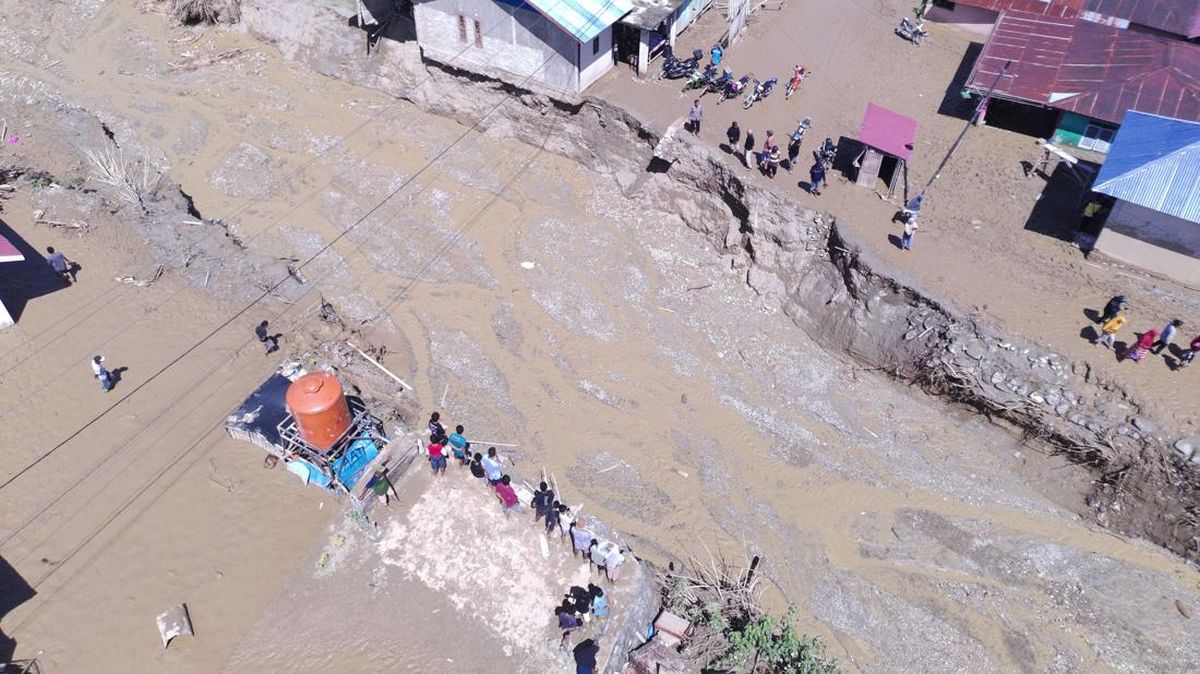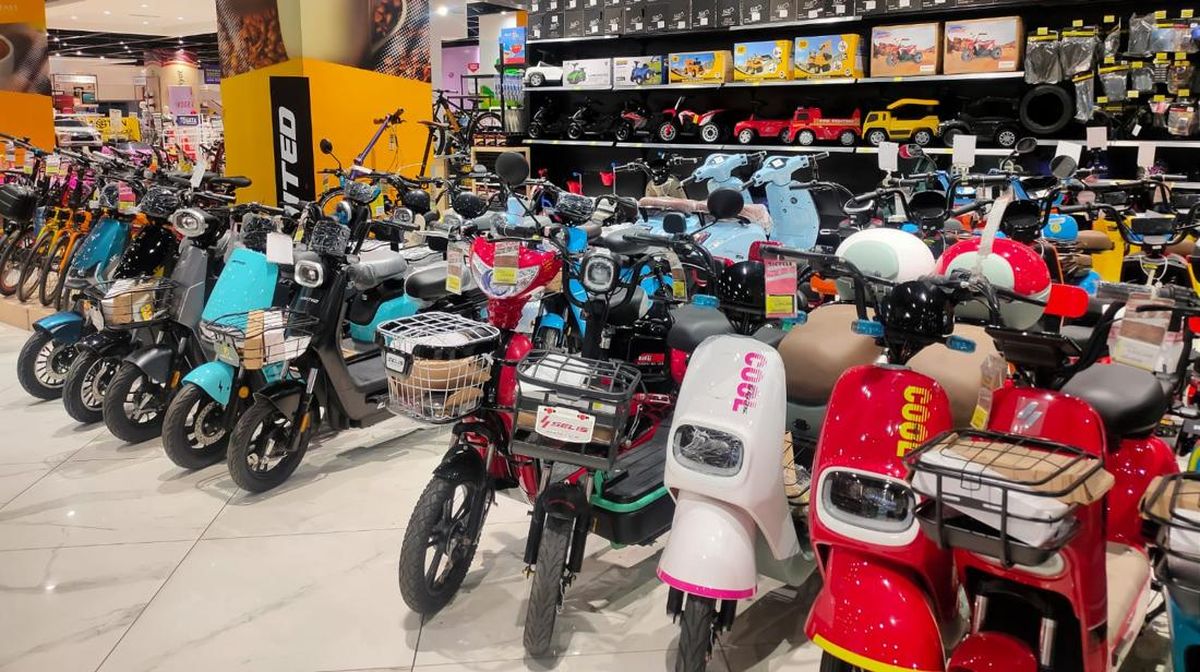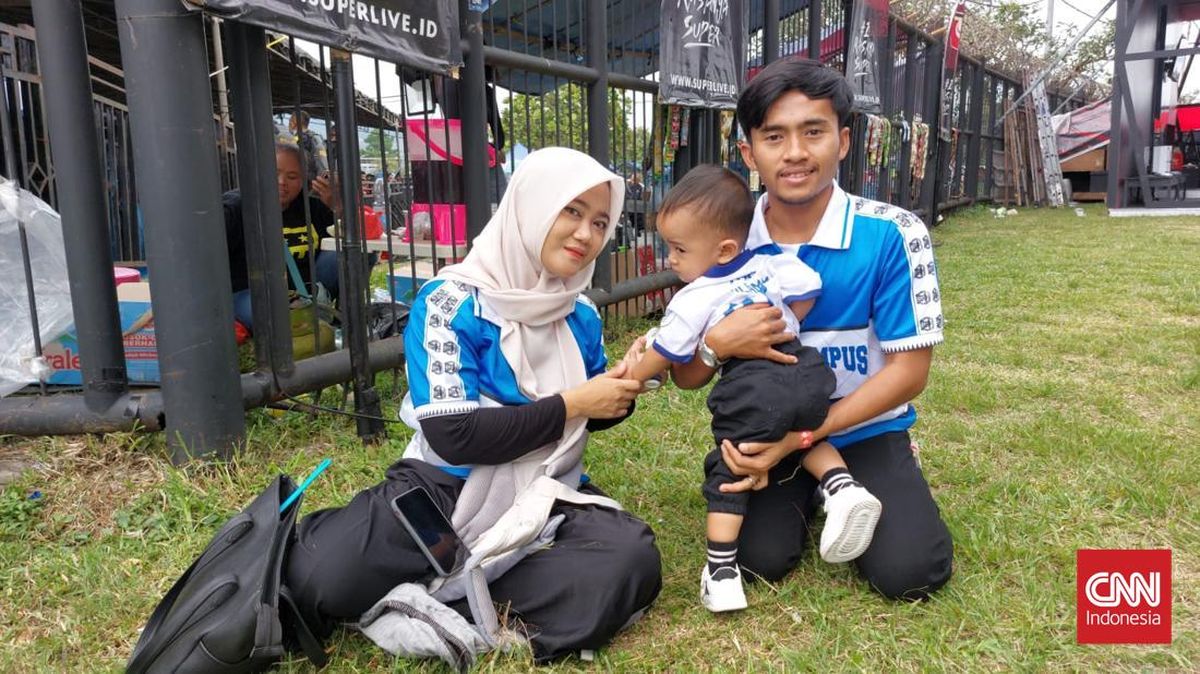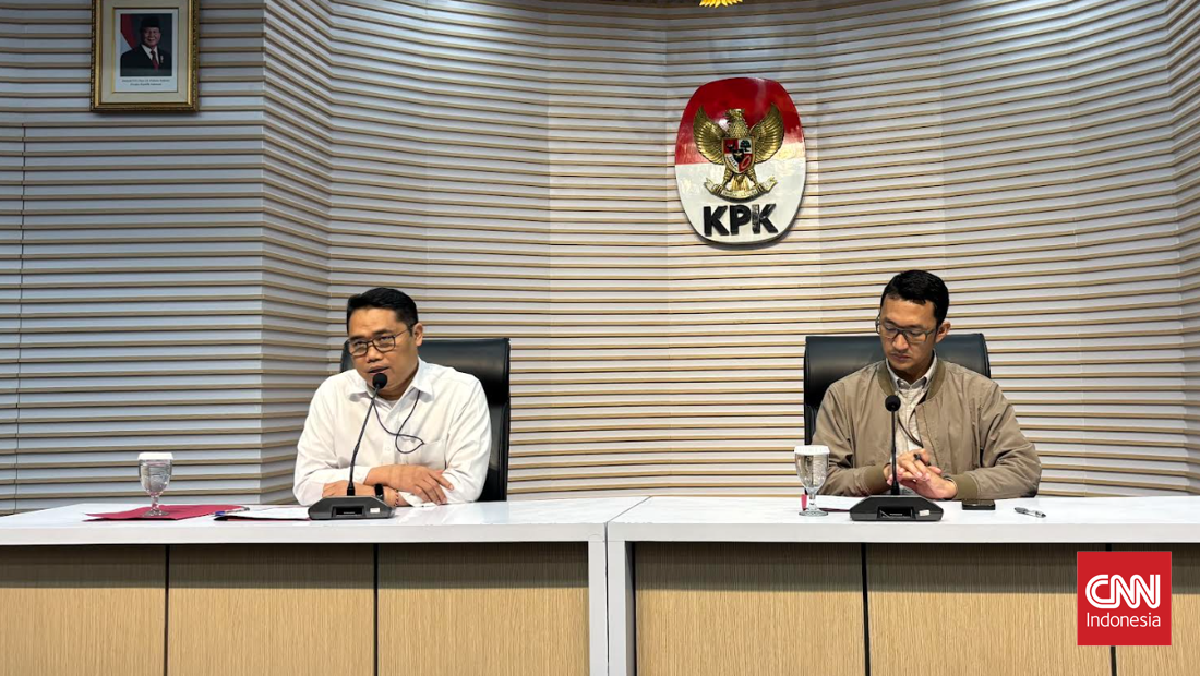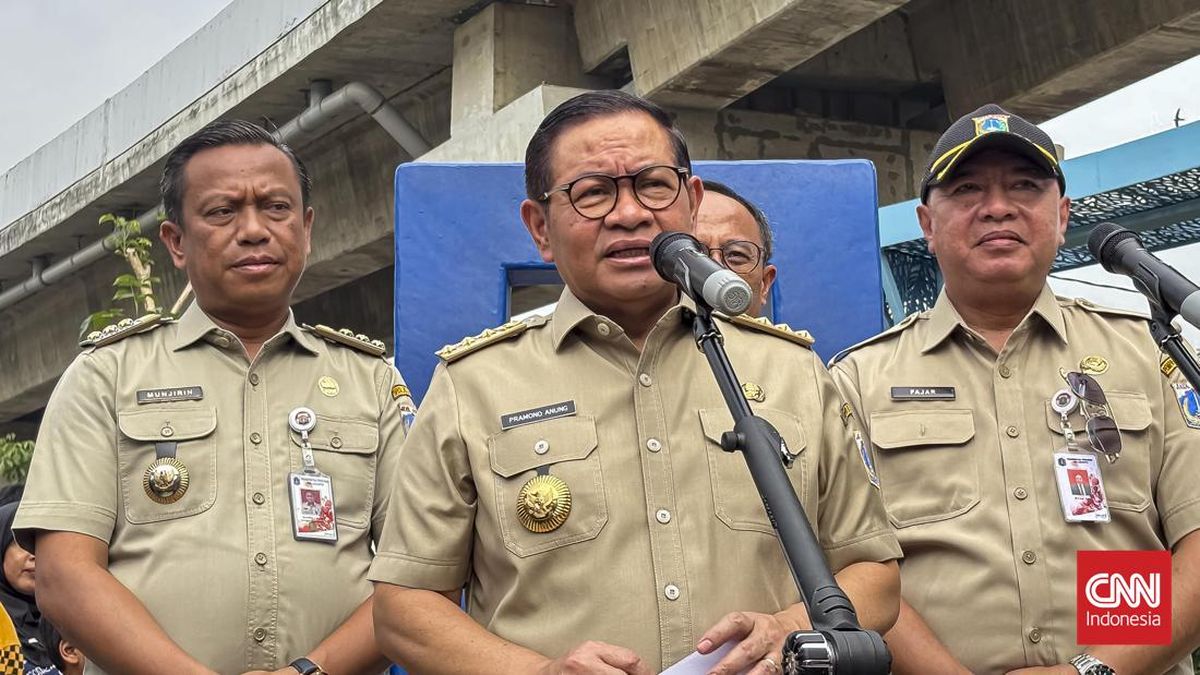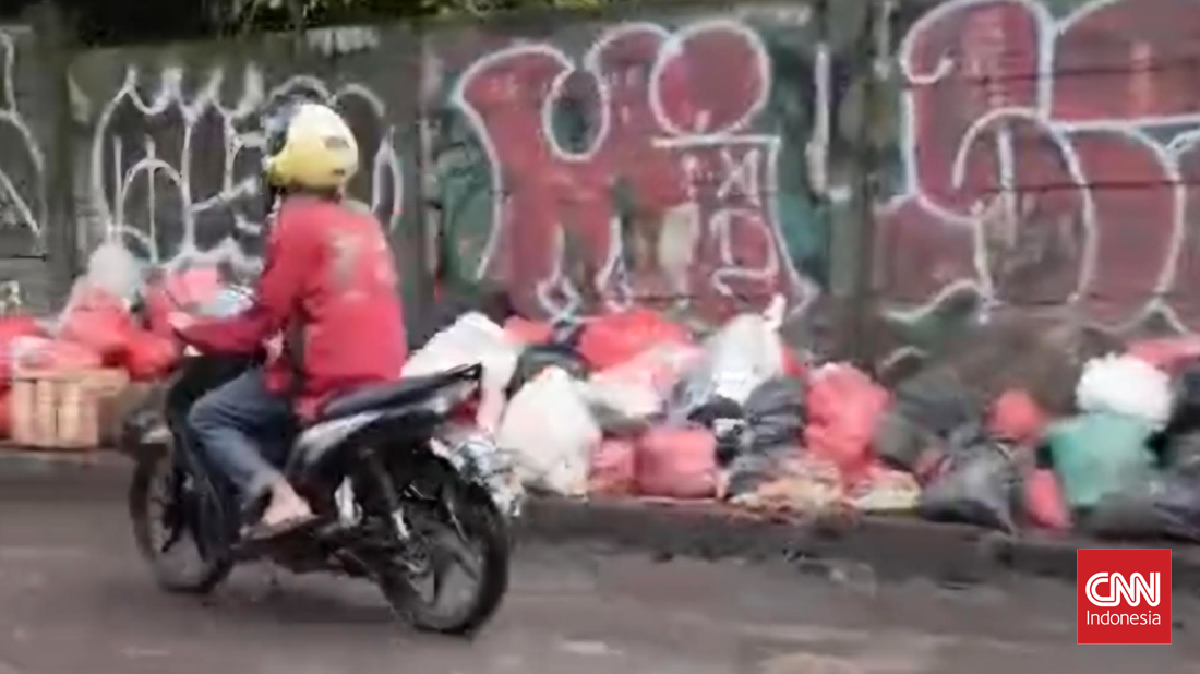We asked voters how well they thought Labor was managing immigration. Most weren’t happy
Australians are marking down the Albanese government for its handling of immigration amid a debate about how best to manage the country’s population growth, as one in every two voters polled says the permanent migration rate remains too high.
A Resolve Political Monitor survey of 1800 voters, conducted for this masthead from September 9 to 13 and with a margin of error of 2.3 per cent, showed that 49 per cent of people survey believed the current level of permanent migration was too high.
Just 27 per cent of people said the permanent migration rate was “about right” and a tiny 5 per cent said it was too low, with 18 per cent undecided.
And in another worrying sign for the government, a majority of voters – 55 per cent – believe it is handling immigration in “an unplanned and unmanaged way”, while just 21 per cent believe immigration has been managed carefully and 25 per cent of people were undecided.
The results of the latest poll show voters are anxious about the number of people moving to Australia, a fortnight after Labor announced the permanent migration intake would be unchanged from last year, at 185,000 places. This group excludes visitors, students and others.
Loading
For the past two decades, Australia’s population has generally grown between 1 per cent and 2 per cent a year, but after the COVID-era pandemic travel bans were lifted in 2022, the nation experienced the highest rate of population growth since the 1960s boom, sparking debate about its impact on housing affordability, jobs and the community.
Prime Minister Anthony Albanese acknowledged the widespread discontent when he defended some of those who marched in anti-immigration marches at the end of August as “good people” whose concerns were exploited by the neo-Nazis who addressed the crowds. He also warned his caucus that “we have to make sure we give people space to move away and to not push them further down that rabbit hole”.
The immigration debate was further fuelled three days after the marches when Liberal senator Jacinta Nampijinpa Price wrongly claimed the government was fast-tracking Indian migrants because they voted Labor. While she later backtracked on the claims, describing her remarks as “clumsy”, her refusal to apologise contributed to her dismissal from the opposition frontbench last week.
Across every single demographic or type of voter – including people in marginal seats, undecided voters, those aligned with a crossbench or major party, the employed and the unemployed – fewer than 10 per cent of voters said permanent migration was too low.
Two in five Labor voters, 39 per cent, said permanent migration was too high, while 36 per cent said it was “about right” and 4 per cent said it was too low, with 21 per cent undecided.
A substantial majority of Coalition voters, 63 per cent, said permanent migration was too high, while Greens voters were the only group to say that immigration levels were “about right”, with 41 per cent favouring the current target, 33 per cent saying it was too high and 8 per cent cent saying it was too low.
The findings are a stark reminder of how sensitive the issue of immigration has become, with even Labor voters marking the government poorly for its handling of migration.
Just 31 per cent of Labor voters believe the government is handling migration in a carefully planned and managed way, 41 per cent believing it is being handled in an unplanned and unmanaged way, and 28 per cent undecided.
Loading
Sixty-seven per cent of Coalition voters said migration was being handled in an unplanned way, as did 37 per cent of Greens voters and 68 per cent of “other” voters, who include supporters of Pauline Hanson’s One Nation.
The same poll found that support for Hanson and her party had surged to 12 per cent from 9 per cent, the party’s highest result since the Resolve poll began in April 2021.
Resolve pollster Jim Reed said “the immigration debate is undoubtedly responsible for boosting One Nation’s vote. If you’re unhappy with the major parties on the environment, you go to the Greens, and if you’re unhappy about immigration you go to Pauline.”
In a positive sign for the government, concerns about immigration were well down the list of concerns ranked by voters.
Loading
When asked to identify the one single issue they were most concerned about, 40 per cent nominated keeping the cost of living low. This was followed by health and aged care (8 per cent) and jobs and wages (7 per cent).
Just 4 per cent of people said “immigration and refugees” was their main policy priority, down from 5 per cent last month.
Most Viewed in Politics
Loading

